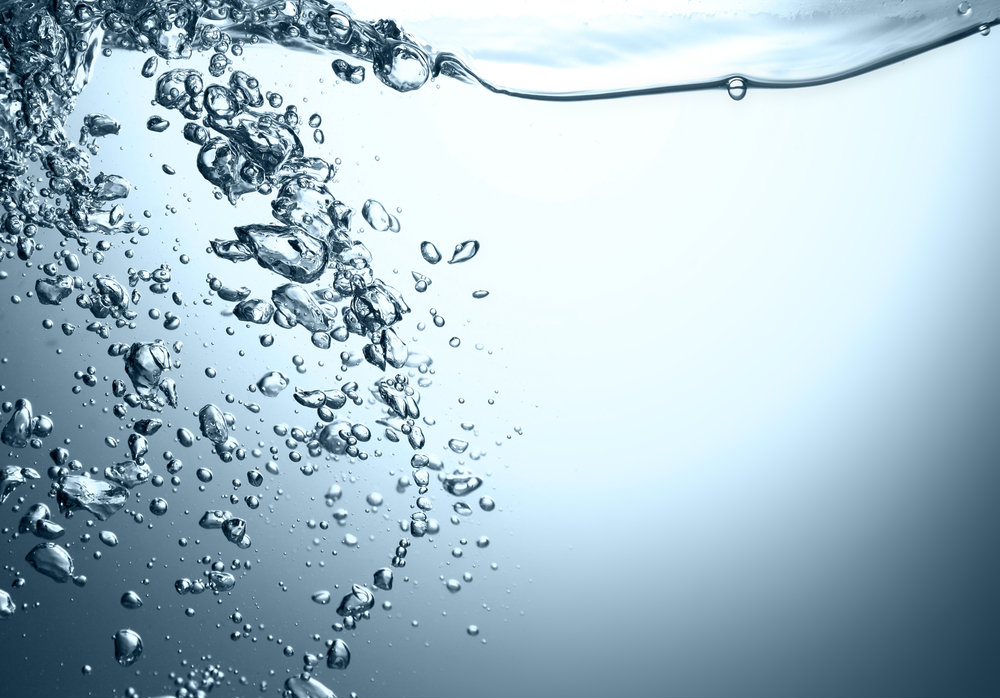

Water – Courtesy of Shutterstock
When bottled water was first introduced, many people scoffed at the idea. Who would pay money for something that had once been completely free? As it turns out, many people would and have. Now more people drink bottled water than tap water.
The debate over whether bottled water or tap water is better for you has existed ever since bottled water has existed. Bottled water has many purported benefits, such as the reduction in chemicals and other contaminants that are present in many forms of tap water. On the other hand, bottled water may contain other problems that local tap water does not have, such as a contaminated water supply where the water is bottled.
The Issues Facing Tap Water
Tap water can contain many different things depending on where you live. In fact, when you visit other areas of the world, their tap water can even make you sick because they do not filter the water like it is filtered in the United States. But just because you live in the United States does not mean your tap water is a source of clean water.
Depending on where you live, selections of the following materials might show up in your water:
- Excessive chlorine
- Excessive fluoride
- Bi-product chemicals from nearby factories
- Contaminated groundwater from factories, construction sites, and nearby farms
- Animal by-products
- Mold
- Chlorine-resistant bacteria
- Excessive iron
- A dirty taste
- And much more
Most states have various regulations for their water supply with ratings that range from satisfactory to superior. Different cleaning methods, storage facilities, and contaminates in the original water will determine what rating the water receives. You might think that will everything that can go wrong with tap water that bottled water is the better choice, but that is not always the case.
The Issues Facing Bottled Water
Bottled water is seen as the healthier alternative to tap water. Bottled water often comes from natural springs or clean water sources from around the world. The trouble is, there is very little regulation surrounding the claims of bottled water. For some years, it was reported that a few water bottling companies were bottling their local tap water and selling it as-is. Many of the claims on the bottles (such as the source) are not regulated by the FDA at all.
Many of the same issues that plague tap water are a concern with bottled water. Bottled water may have some of the following issues:
Contaminated ground water
High chemical concentrations
BPA or other plastic leeching into the water from the bottles
Mold
Waste products
May come from a municipal supply
So what can you do to ensure your drinking water is clean? No matter whether you drink from the tap or from bottled water, it is important to check the source. It is usually possible to find where the water comes from with a little digging. You can use environmental data resources and maps that identify where ground water contamination has occurred. If it is close to your local water supply or near a bottling center, switch to a new kind of drinking water. That is the best way to protect your health when drinking water.














